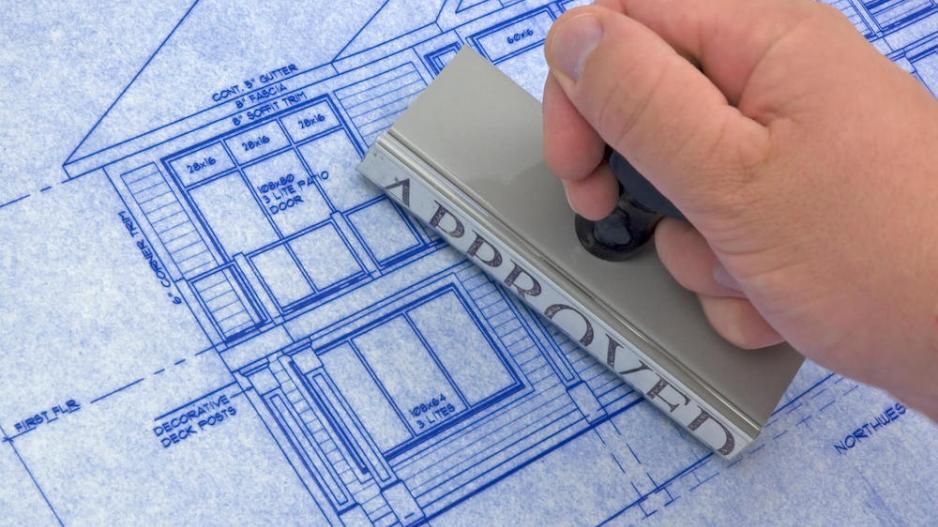Urban Planning Permits to Be Issued Through IPODAMOS in 20 Days
New Framework Aims to Reduce Delays and Expedite Permit Issuance for Small-Scale Developments
The Ministry of Interior aims to put an end to months of delays and thousands of pending applications for urban planning permits.
According to a decree issued by the Minister of Interior, procedures for permit issuance will be simplified. Urban planning permits for small-scale developments that meet specific criteria will now be issued within 20 days, rather than over several months, as is currently the case.
This change will be implemented through the new framework set to take effect on October 2, 2024, which introduces the automatic issuance of urban planning permits via the IPODAMOS system.
The developments included in this new framework will cover up to two residences, with the potential for larger developments, such as up to 12 terraced houses or apartment buildings with 20 units, to be included in the future.
As explained by sources from the Ministry of Interior to Brief, under the new system, applicants will fill out a checklist, which will then be submitted through IPODAMOS. Within 20 days of the application submission, the Urban Planning Authority (Elected Local Authorities—EOA) will issue an approval or rejection.
In cases where the Urban Planning Authority does not issue a permit within 20 days, the permit will be automatically generated through IPODAMOS, with the responsibility falling on the applicant and the EOA to conduct proper checks.

In response to a query directed at the Ministry of Interior, those with pending applications can cancel and resubmit them through the new process, provided they meet the criteria.
It should be noted that currently, thousands of applications for urban planning permits are pending and have been transferred to the EOAs.
According to data gathered by Brief, this change will affect approximately 30% of all urban planning permit applications. Consequently, it is expected that the District Administration Organizations, which have assumed the role of urban planning authorities following recent reforms, will see a significant reduction in workload.
At the same time, the EOAs will also be responsible for ensuring the proper implementation of the new licensing framework, conducting random checks on about 10% of the issued permits, as mandated by the decree.






